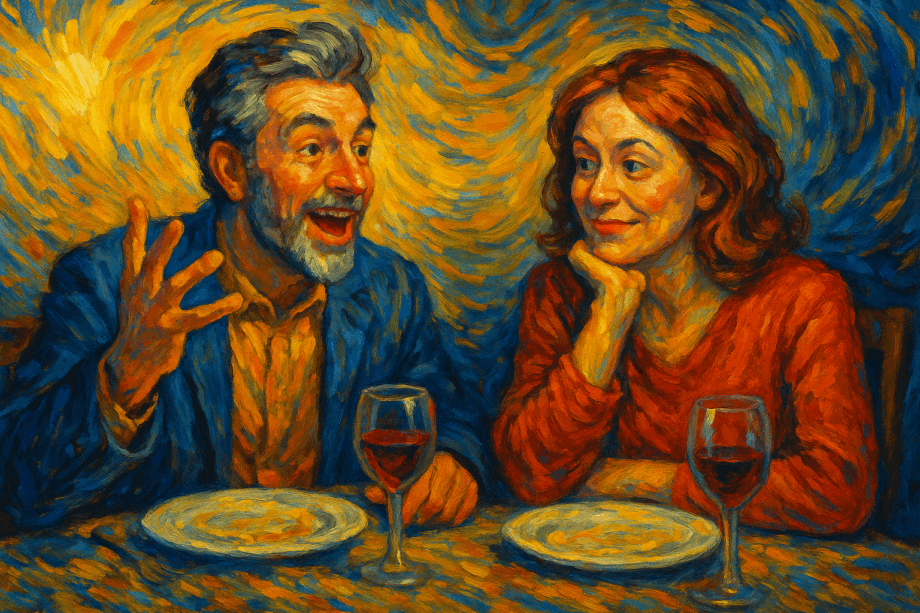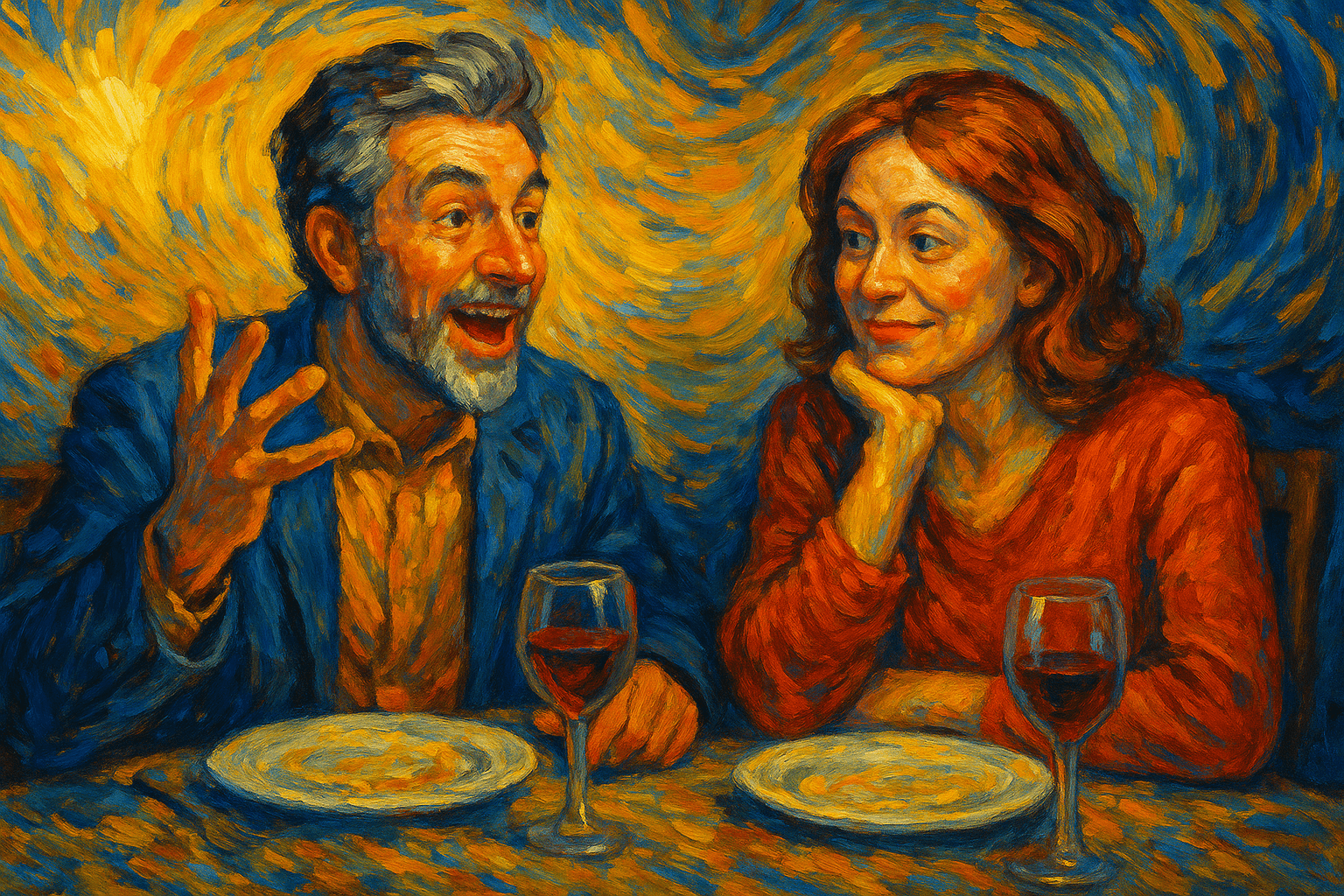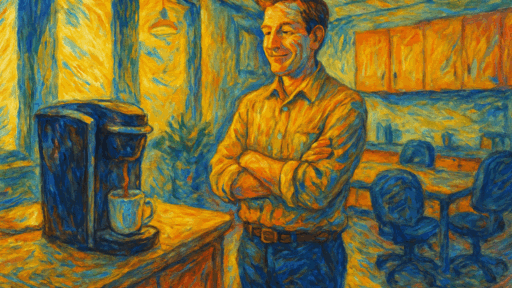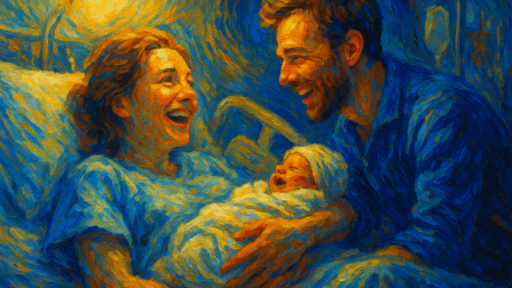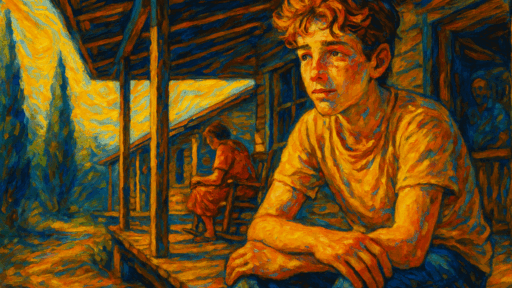“The past is a foreign country. They do things differently there.”
L. P. Hartley
Every marriage has a division of labor.
In ours, Shelley handles the facts.
And I handle the confidence.
It’s not that I mean to get things wrong.
It’s that I get them wrong so sincerely I almost convince myself I’m right.
I’m not lying.
I’m just… narrating.
And once I start narrating, I believe myself completely.
We’ve been telling stories together for so long that they’ve started to blend—
not into agreement exactly,
but into a kind of shared language built from disagreement.
Take the stick-shift story.
Ask Shelley, and she’ll tell you she taught me to drive stick.
Ask me, and I’ll tell you I taught myself—
in her car—
while she was there.
It sounds like a contradiction, but it’s not.
Because in my version, she wasn’t teaching.
She was commenting.
And there’s a difference.
She remembers sitting in the passenger seat saying,
“You’re grinding the gears.”
I remember calmly saying,
“I know.”
Which, in my defense, was true.
I just couldn’t stop doing it.
By now, we both know how this dance goes.
We each hold our version loosely enough to let the other breathe—
and tightly enough to keep it alive.
Somewhere between those two memories is the truth.
But she has to admit—
my version has better sound design.
Here’s the thing, though.
Most days she doesn’t even argue.
She just gives me that look—not mean, just patient—
like she’s watching a child confidently explain how clouds work.
And the worst part is, she’s usually right.
But not always.
And that tiny sliver of possibility is what keeps me going.
After all these years, our history’s mostly written in pencil.
Which may be why some stories refuse to stay put.
And that brings me to the longest-running debate of our marriage—
what color my hair actually is.
I say brown.
Shelley says black.
Our friends weigh in like it’s a municipal vote—
and for reasons that remain unclear, they all vote with her.
This debate has lasted so long it’s practically an heirloom.
We’ve carried it through jobs, moves, two kids, and a dozen dinner tables where someone inevitably squints at me and says,
“Yeah… it’s black.”
At this point my hair is turning gray out of pure self-preservation—
like it’s trying to opt out of the census entirely.
Shelley votes black.
I vote brown.
And now the gray is voting third-party.
And that, right there, is the problem with democracy.
The older I get,
the more I think memory isn’t what happened,
it’s what we’ve agreed to keep.
Every story shrinks or swells
to fit the version I’ve told most often.
It’s like reality eventually gives up
and lets enthusiasm do the editing.
And maybe that’s the mercy of it—
that our memories sand down the edges,
swap the soundtrack,
and leave us with something we can both live inside.
Shelley remembers the logistics.
I remember the lighting.
Together, we make something close to a story.
I used to think being right was the point of remembering.
Now I think maybe remembering
is just how we stay close—
two unreliable narrators
building a shared mythology
we both still want to believe.
She keeps the record straight.
I keep it interesting.


